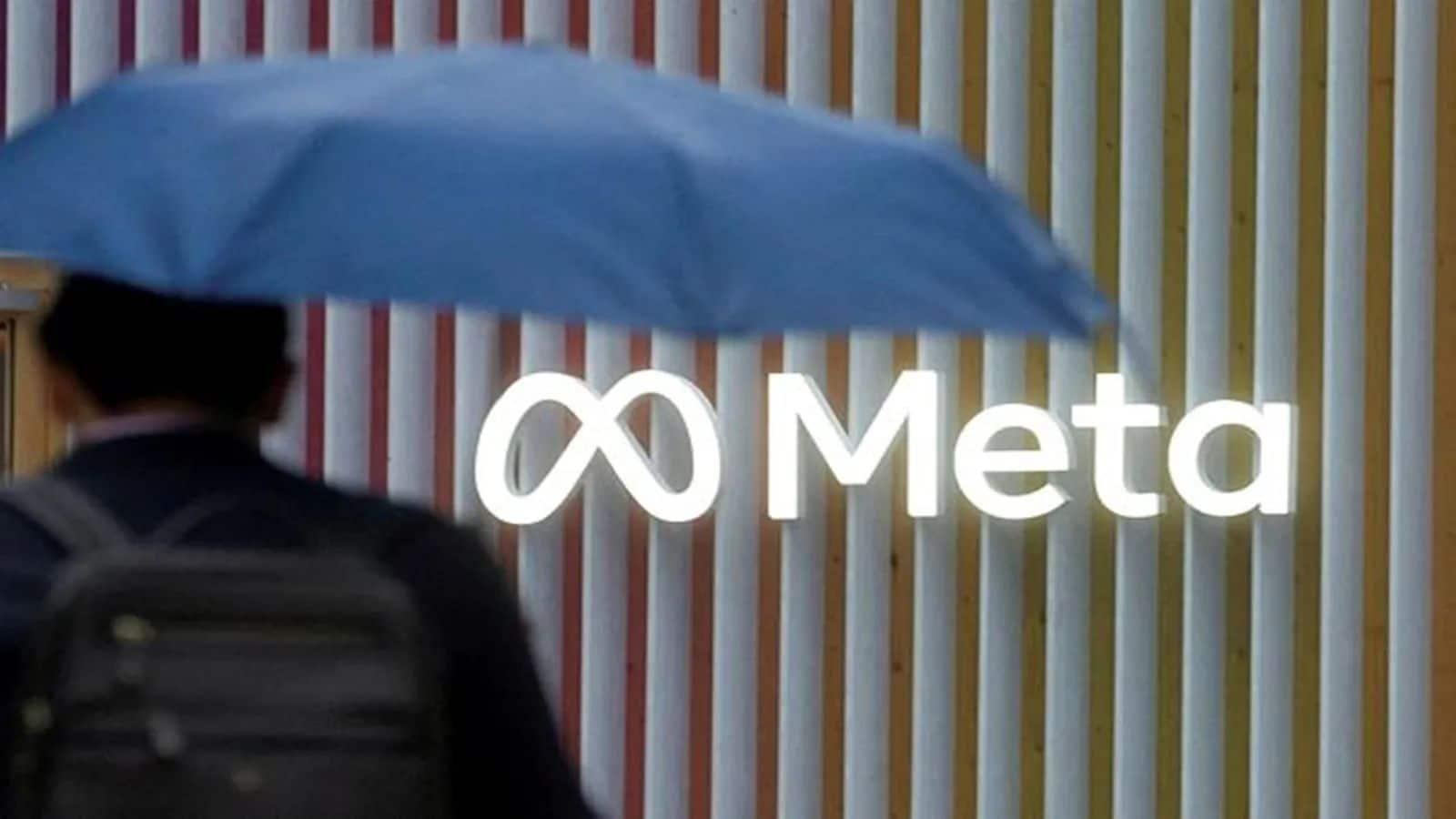
Meta expands generative AI offerings for advertisements
What's the story
Meta Platforms, the parent company of Facebook and Instagram, has announced plans to expand its suite of AI-driven advertising products. The new tools are designed to automatically generate image variations and overlay text on them. Initially, these tools will be launched in a test format without the usual watermarks that Meta applies to images produced by its user-facing Meta AI assistant.
Strategy details
Meta's monetization strategy and ad labeling plans
John Hegeman, who spearheads Meta's monetization efforts, stated that the company is still finalizing the details of ad labeling. He assured that clear guidelines will be provided by the time the tool is launched globally, expected by year-end. This expansion is part of Meta's significant investment in developing and maintaining its generative AI models to convince advertisers about automation benefits in their campaigns.
Market competition
Meta's AI tools follow Google's similar initiative
This development by Meta follows a similar move by Google, another digital advertising giant. Earlier this year in February, Google launched its enhanced AI ad tools that utilize SynthID watermarking technology from its own AI research lab, DeepMind. This competitive landscape underscores the growing trend of automating creative elements in advertising campaigns through advanced AI technologies.
Tool features
Meta's new tools allow customization and text overlay
With Meta's image generation tool, advertisers can upload product images and create different versions by altering product orientation or showcasing them in varied settings. Additionally, Meta is enhancing its text-generation offerings for headlines and key selling points. The company is also introducing a feature that allows text overlay on generated images directly, providing advertisers with an option to provide text prompts for customizing image variations in the near future.
Industry limitations
Restrictions and concerns regarding Meta's AI tools
Certain industries will face restrictions with these new tools. Advertisers operating in regulated sectors such as politics will not be allowed to use these products. While many advertisers have welcomed AI ad tools that automate campaign placement, there has been apprehension regarding the newer generative AI tools. Brands have expressed concerns about how tech companies might use their uploaded images to enhance the models, fearing their logos or other intellectual property could inadvertently appear in others' generated images.